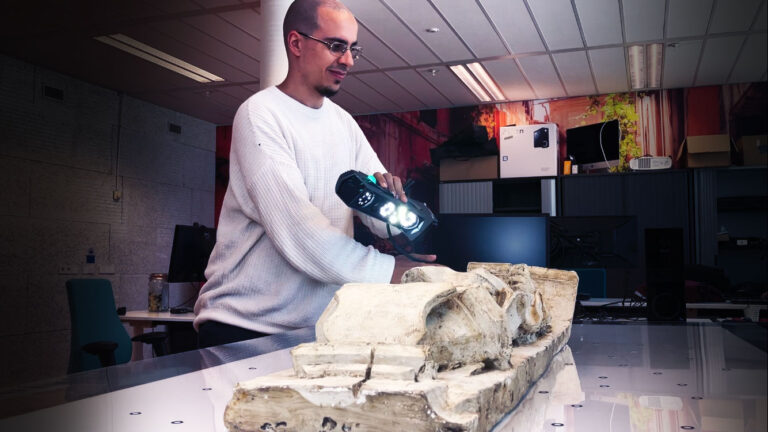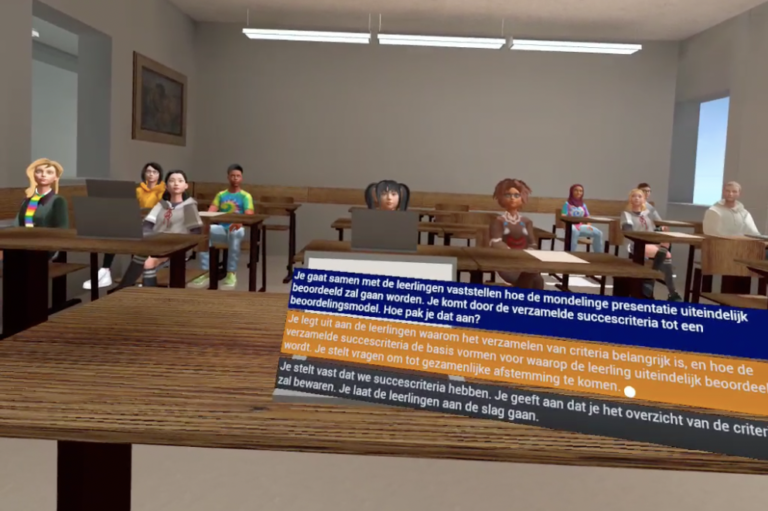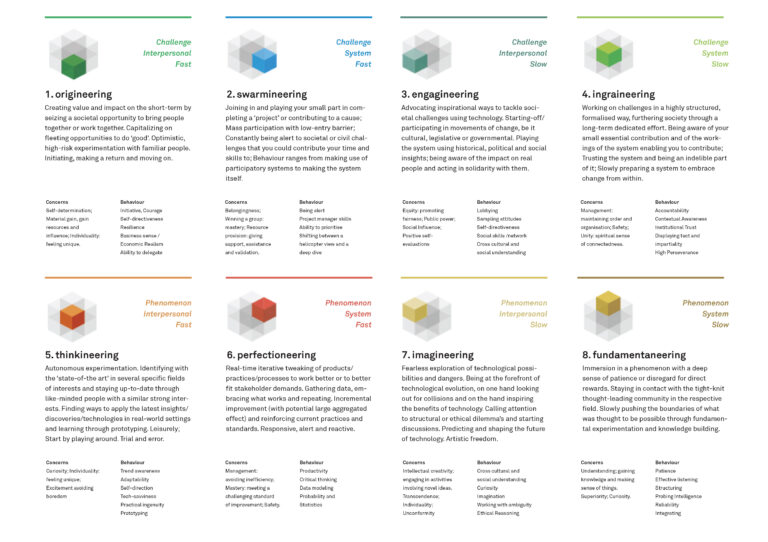Revolutionizing Education: Virtual Lab for applied science
In today’s constantly evolving education landscape, there is a growing demand for innovative solutions driven by the integration of cutting-edge technologies. This demand sparked the inception of the Virtual Lab for applied science by Bijoy Bera, an assistant professor at the Transport Phenomena group within the Applied Sciences Faculty of Delft University of Technology. The project aims to revolutionize how students learn and engage with concepts in physics transport phenomena through immersive virtual experiences. The aim was to provide students with a chance to simulate Physics theories in lab sessions, but the large class size made it unfeasible to conduct real-life experiments for everyone. Thus, the VR project began as a pilot initiative for Bijoy to explore virtual simulations of scientific experiments. To achieve this, he collaborated with developers from the XR Zone of the NewMedia Centre at TU Delft, embarking on a mission to enhance the learning experience through immersive technology.
The Virtual Lab idea began with the goal of offering multimodal learning, where students can learn in different ways. Professor Bera’s past methods, like using videos and live demonstrations, laid the foundation for this approach. Now, the Virtual Lab aims to facilitate the exploration of physics transport phenomena through hands-on experiences, implementing the “learning by doing” approach to enable active student engagement while mitigating the risk of laboratory accidents. With the help of developers from the XR Zone, a virtual lab environment was created, enabling students to verify scientific theories from lectures through interactive experiments.
Starting with eight sets in 2022, the project quickly expanded into an interactive platform for hands-on learning. As interest grew among faculty members, more professors from the faculty of Applied Sciences were convinced about the possibility of scientific simulation in VR after having seen the pilot project. Thus, additional experiment sets, including those in biotechnology, were integrated, reflecting a broader trend of applied science faculties embracing cutting edge technologies.
The impact of the Virtual Lab on student learning was profound. A course survey revealed heightened comprehension of theoretical concepts and an enriched learning experience. Immersed in VR experiments, students bridged the gap between theory and practice, gaining a deeper understanding of the subject matter. Reflecting on the project’s success, Professor Bera noted the transformative potential of VR in education. Despite initial uncertainties, the project proved to be a resounding success, highlighting the accuracy and adaptability of VR simulations.
The students themselves shared some ideas. They found clarity and connection from the theory they learned through immersive VR experiences. As one student remarked, he now understood where it was mentioned in the lecture, bringing everything into focus. The Virtual Lab for Physics Transport Phenomena integrates VR and 3D technology with education. It marks a shift towards experiential learning, where virtual environments facilitate discovery and interaction.
Following its success, the Virtual Lab stands as proof of Professor Bera’s vision and motivates educators. As we venture further into virtual education, one thing is certain: learning’s potential is boundless, limited only by our imagination.
Initiator: Dr. Bijoy Bera
Coordinator: Arno Freeke
Developer: Yosua Adisapta Pranata Andoko





